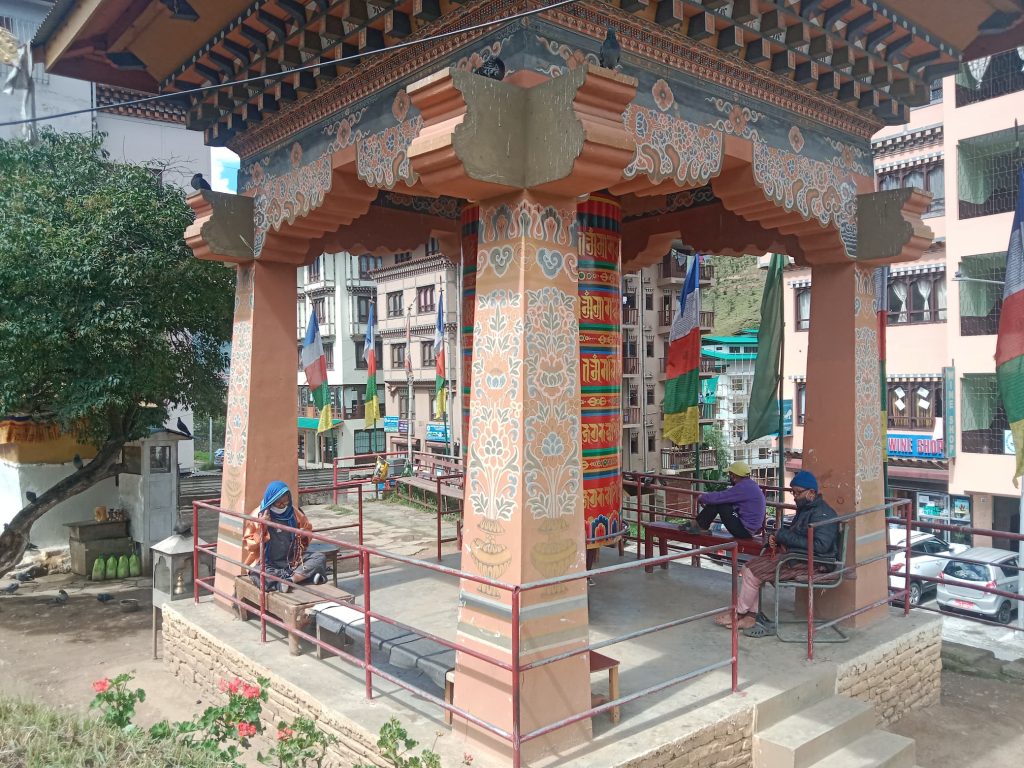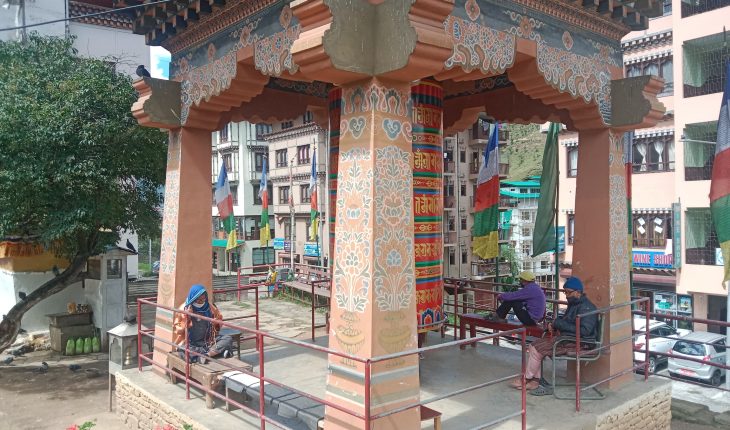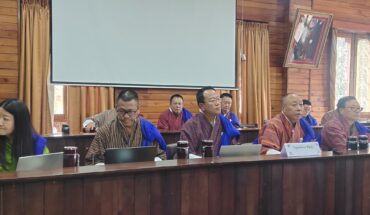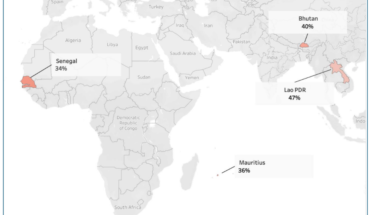
TENZIN LHAKI | Thimphu
In a quiet but profound step towards safeguarding the dignity and welfare of aging population, a group of 18 retired civil servants established the Royal Society for Senior Citizens (RSSC) on January 7, 2011.
Officially registered as a Public Benefit Organization (PBO) with the Civil Society Organizations Authority on February 21, 2011, the date coincided with the 31st birth anniversary of His Majesty The King— a gesture reflective of the organization’s deep-rooted alignment with the King’s vision of a vibrant, harmonious, and inclusive Bhutan.
The RSSC was born from His Majesty’s guidance that retired public servants possess untapped potential to contribute beyond their active years, particularly in addressing Bhutan’s growing social concerns.
More than a decade later, the organization stands as a crucial platform for senior citizens seeking relevance, dignity, and service in their golden years.
RSSC provides necessary information and counseling on medical and religious matters, free legal assistance, and support initiatives such as the National Policy for Senior Citizens.
While Bhutan continues to make strides in economic and democratic development, challenges faced by senior citizens remain stark and largely underreported.
According to RSSC Executive Director Tshering Namgay, elderly neglected, isolation, and limited healthcare access are becoming more prominent due to societal shifts, including out-migration, rural urban migration for education or work and the erosion of traditional family systems.
Cases on abuse of elderly, neglection, and isolation, especially in rural areas where families have migrated are being reported to RSSC however they refer such cases to concern stakeholder.
“We are not the legal authority to handle such issues, so we refer them to relevant stakeholders. But there’s an urgent need for help lines and hotlines dedicated to elderly support” said Tshering Namgay.
The RSSC’s services go beyond mere advocacy. Among its core mandate are legal aid, counseling, and accommodation at an elderly guesthouse (NPPF Colony) in Thimphu for seniors traveling from remote areas for medical treatment.
“I am very grateful to RSSC organization for providing us with the guesthouse to reside while coming for treatment, as I don’t have any children and family members staying at Thimphu” said Phuntsho a senior citizen from Zhemgang.
The organization also focuses on policy advocacy, especially in light of Bhutan’s 2023 National Policy for Senior Citizens, launched during the royal wedding.
The policy aims to reform areas such as elder abuse, healthcare access, social protection, and inclusive infrastructure.
“Awareness programs are needed in rural areas so senior citizens know how to access help lines and government services,” said one RSSC member, “Without awareness, even the best policies can fail to reach those who need them.”
Recognizing that healthcare is a top priority, RSSC collaborates with the Ministry of Health for regular health screenings, especially during October, now designated as the Month of Senior Citizens. Services focus on mobility issues, eye care, chronic illness, and nutritional needs.
RSSC has also partnered with institutions like Paro College of Education, mobilizing youth volunteers under the banner “Service with Care and Compassion Plus” to assist senior citizens, who are physically unstable with basic services.
Despite limited funding, RSSC has initiated impactful projects across the country.
Through the Healthy Aging Project, supported by the Bhutan Red Cross Society, 100 bedside toilets were distributed in Thimphu and Samtse. RSSC’s own fundraising efforts enabled the donation of another 150 toilets to elderly individuals unable to walk to the toilet.
Eye health advocacy campaigns were also conducted in partnership with specialists and trained volunteers in Thimphu and Samtse, reflecting a holistic approach to senior care.
In addition to health, RSSC promotes mental well-being through social events supported by Red Cross Society such as picnics involving over 150 senior citizens and 50 youth volunteers, fostering community bonds and maintaining healthy relationship.
“These intergenerational collaborations are important; they build empathy and ensure the younger generation understands the challenges of aging with understanding the value of relationship with their own aged parents.” Karma an Ex Army noted.
“We also run a retreat center above Begana Lhakhang, currently housing 13 senior citizens,” said the Executive Director. “It’s a peaceful place where they can live with dignity.”
According to projections, Bhutan will face a demographic shift by 2047, with a significant portion of its population entering old age.
In anticipation, RSSC is pushing for services such as doorstep healthcare, inclusive infrastructure like elevators in buildings, and better social protection systems.
“The government is already working on the National Sustainable Development Strategy for long-term social protection,” said the Tshering Namgay. “But more of major services for senior citizen are needed.”
RSSC is also preparing to work more closely with stakeholders to curb age-related issues and improve quality of life for seniors across the country.
Above all, the RSSC’s message resonates with a call to preserve Bhutan’s cultural fabric, particularly the traditional family care system.
“We should never forget the culture and values we have lived with, especially the traditional family system where children take care of their parents,” Tshering Namgay emphasized. “These customs are at risk due to globalization and rural-urban migration without migration.”
“It is our moral responsibility,” echoed Kinzang a member of Youth Volunteer.
“Every child must ensure that traditional values are preserved and that the GNH (Gross National Happiness) philosophy continues through care and compassion.”





